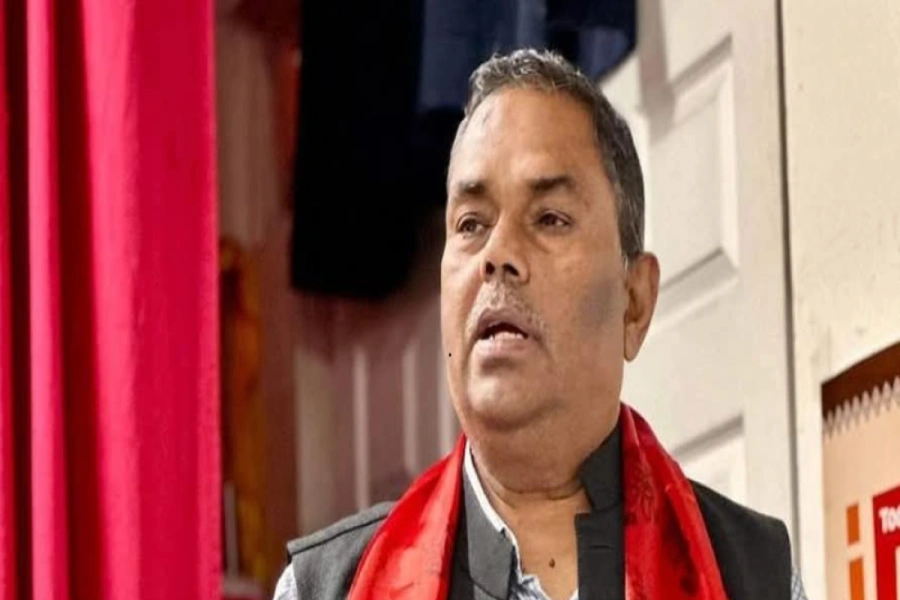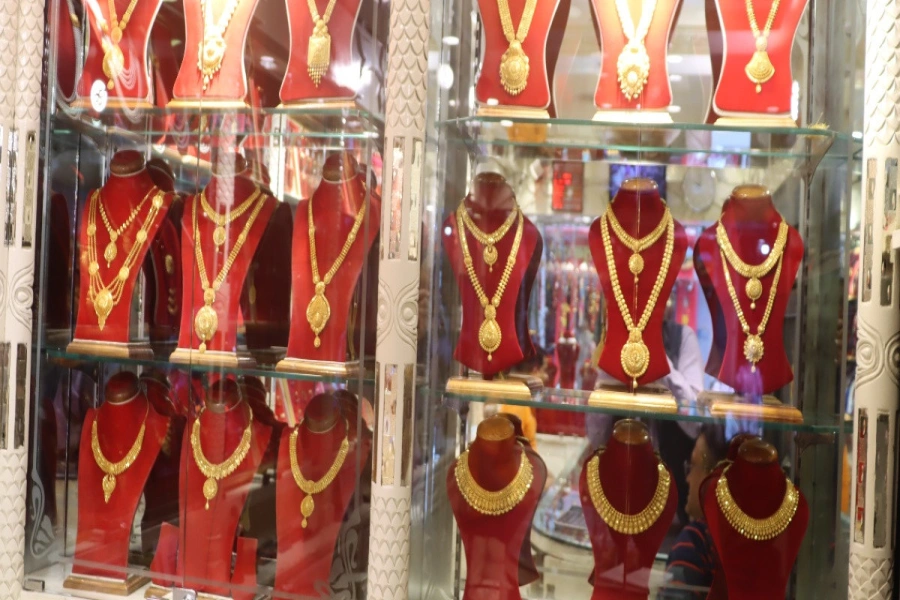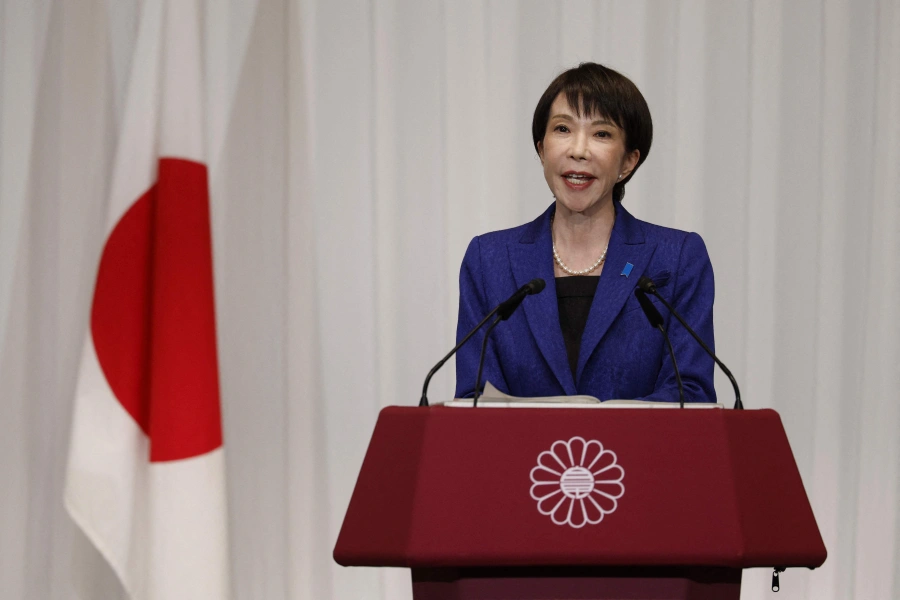This is quite a contrast from my university days at the University of Colorado, Boulder. I used to call myself a non-practicing Hindu, just an inch short of calling myself a proud atheist while introducing myself to those inquiring minds about the only guy on campus from the Himalayas. That made me less vulnerable to follow-up questions like: Do you have caste system, and what caste do you belong to? Does your religion approve of polygamy? Are marriages still arranged and what about those dowries? What about your own marriage? Was it arranged?
I used to have my pet answers: Our law does not endorse caste system and polygamy, and no, Nepal is comparatively free from dowry problems. In fact, the original Vedas do not mention caste system. Then I used to quickly point out to their racial discrimination and the cases of the Mormon practices of having multiple wives in Utah. This defense mechanism worked for quite a while. Oh yea, I also used to quickly distance myself from all those Hindu Babajis, Bhagawans, and the scandalous cults and the Hollywood type spiritual leaders.
Now, thanks to the Dalai Lama, eastern spirituality is not seen as a cultish phenomenon. After 100 years of its introduction to this country by Swami Vivekananda, the debate about eastern spirituality and its gradual adaptation into the Western lifestyles is gaining strength beyond Vedic Centers and reclusive Ashrams. The 10,000 years old Vedic philosophy and its simple practices from our own roots are finding an audience in a country that is so Christian. There must be something good about our core values and the ideals of Dharma.
Over the past 20 years or so, times have changed the way Americans view religion and spirituality. The recent survey indicates that close to 40 percent of them consider themselves spiritual and not religious, and close to 40 million of them are doing yoga and meditation, and are attracted to some forms of Buddhism. One fourth of them prefer cremation. And yes, the number of Americans who call themselves Christian is at all time low and on the decline. So, are they becoming more like us, asks Lisa Miller in her recent Newsweek article “We Are All Hindus Now?”
With the rise in eastern spirituality movement – Zenism, Buddism and proliferation of meditative retreats – in the US, now I do not get those annoying questions about polygamy and caste anymore. Instead, these questions have become more informed and sophisticated. Many quantum physicists are not dismissing the idea of some form of intelligence or consciousness behind the theory of creation permeating its reach all across the universe just like the Vedic omnipresent Bhrama or The Self. Collapse of time and space without any beginning and the end into that singularity as eluded in the Rig Veda is no more a religious fantasy. The good news is that getting to that illuminating vast emptiness to find whatever you are looking for has turned out to be quite simple according to the Buddha.
Here is my explanation: As the society becomes more educated, complicated, and advanced, they stop buying a simple black-and-white explanation like the heaven versus hell and the almighty god always ready to fry you or reward you. With everything falling apart all around us – rising divorce rates, cut-throat competition, Wall Street greed, me-first-then-everyone-else health care system, social isolation, stress, depression, wars and corporate plunder – the idea of finding that “God” on your own within yourself through a simple sit-and-breathe technique becomes so damn attractive, unanchored, and so liberating. The latest poll and the recent Miller Newsweek article are the examples of a shift taking place in this country.
Many in the West now know that eastern religion is more than the Sadhus doing a rope trick. Seeing a young college girl with a tattoo of a lotus and a SHREE in Sanskrit is no more an act of weirdness. These Westerners have begun to see the kernels in our eastern spirituality and are adopting them one breath at a time. Trust me, otherwise the US Senate two years ago would not have begun its session with a Gayatri Mantra.
After the release of a video – Doing Time, Doing Vipassana – about a meditation experiment in a Bihar jail, many US city officials are looking into this inexpensive method of meditation for adoption into their prison systems to curtail violence and reduce recidivism. Some prison systems have recorded remarkable results. Likewise, some American public schools are slowly fighting to introduce breathing meditation sessions into the classrooms. Many corporations are already claiming benefits of a simple meditation break during the workday. Gone are the days when some fundamentalist parents used to pull out their daughters from the modern dance classes accusing those poses of being too yoga-like.
What’s the lesson for us? Our eastern spirituality need not be about creating barriers and hindrances in the society to suppress people, and that it does not have to be a wholesale deal either; we can take the good ideas and discard the unnecessary noises and counterproductive practices. That’s exactly what personalities like Buddha and Swami Vivekananda are asking us to do. Americans are following the advice, so why can’t we? Thus, as we take our culturally-magnificent Nepal on a path to that elusive freedom and prosperity, I hope we don’t lose our spiritual depth and colorful cultural energy in the name of secularism. Shall we all say “OM”, and pause before we convert?! I swear, it is secular enough for every faith.
(Writer is Professor, University of New Mexico.)
bohara@unm.edu
Buddha Harmony Foundation Awards differently-abled Hidden Talen...






































